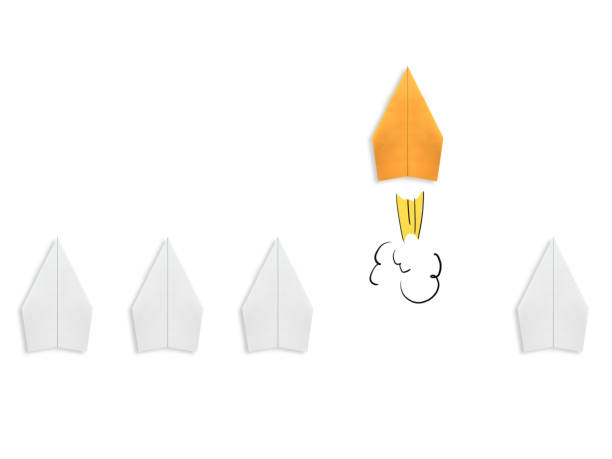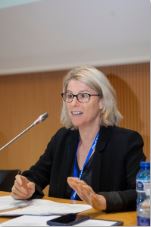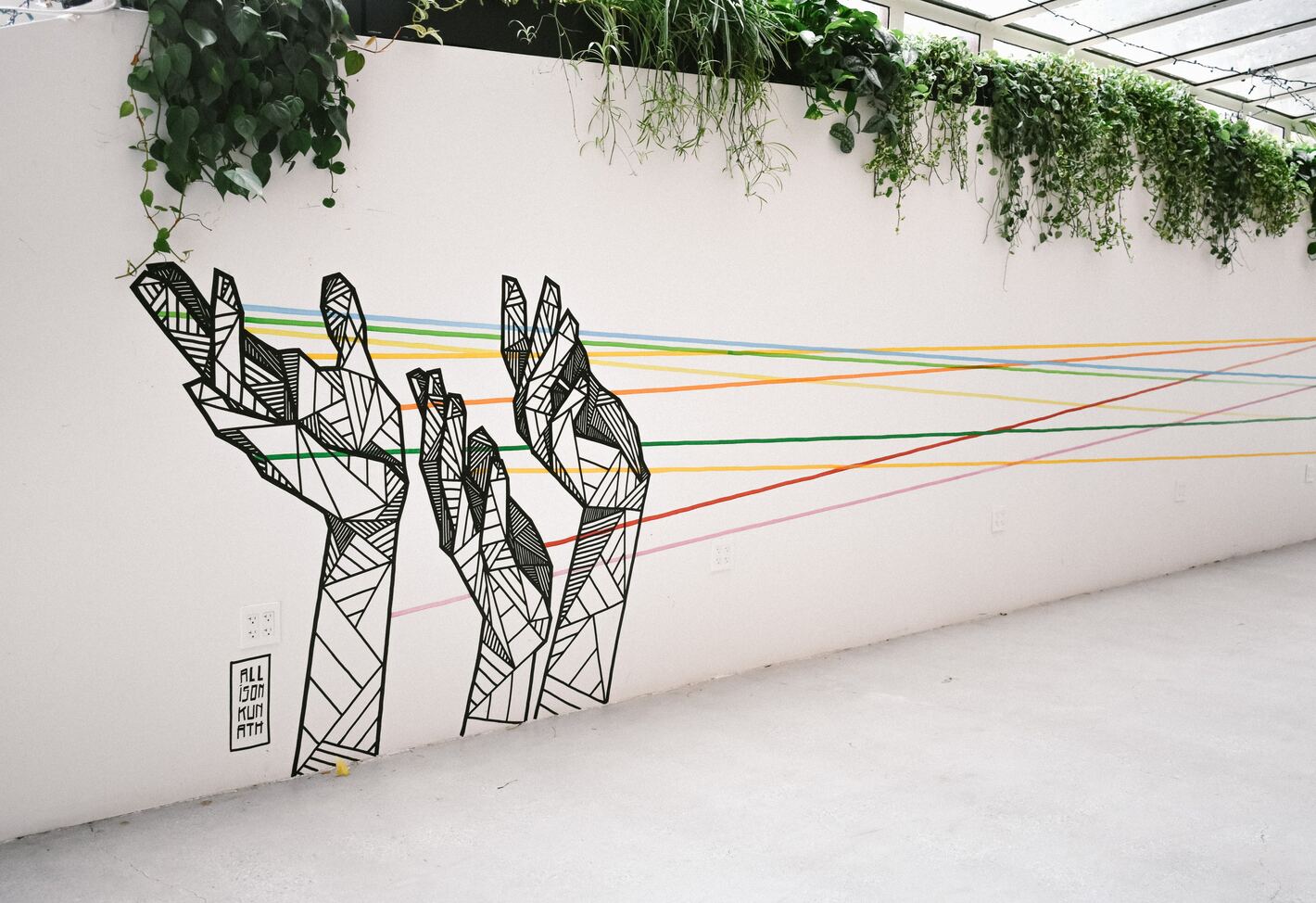
Interdisciplinary Research Center on Urban Risks and Crisis






News



URL: it’s over!
Founded in 2018, UrbaRiskLab (URL) came to an end in June 2023.
Five rich and sometimes tumultuous years (the COVID19 pandemic came and went ...). But the latter also turned into an opportunity: the decision was taken to create an internal Project call to mobilize the consortium on pandemic-related issues, which resulted in the funding of 5 research projects. The ambition of the URL project was twofold: to generate projects that would take a "step aside" from standard research practice in the field of risks and crises, which is essentially characterized by a siloed, rather mono-disciplinary study of risks, and second, to build a research community in an institutional environment characterized by the creation of the Gustave Eiffel University (UGE).
A complete success, in a few figures.
- 4 minilabs have been created ("Data analysis and processing", "Sensors and uses", "Information flow in degraded situations" and "Visualizations"): their aim is to connect researchers and socio-professional partners (public, private and mixed) around common and structuring projects (such as PhD thesis, internships, research missions) meeting the specific needs of both communities, in order to promote interdisciplinarity.
- 17 internships and 3 theses were financed.
- All in all, more than 30 projects were carried out, enabling us to renew certain risk-related issues, as well as to test technology transfers.
Of course, there were also a few regrets: the project demonstrated the difficulty of setting up "radical" interdisciplinary situations. Secondly, the specificity of the urban context within risk studies, as well as multi-risk and multi-scale perspectives, were not sufficiently addressed by the projects, even though they represent a major challenge for our contemporary societies.
This is why additional work was carried out in the final year of the project, with the ambition of proposing a conceptualization of these aspects, the relevance of which was sadly demonstrated by recent events in the summer of 2023: the aim was to reflect on new types of risk and their management, taking, as Anna Tsing suggests, "non-scalability, not only as an object of description but also as an incentive for theory", which was explored through the notion of compound risks.
This piece of work has been published in the Journal of Risks Research in autumn 2023:
Facing nonscalability: Are risks still 'risks' when compound and catastrophic?
Christine Fassert, Valérie November, and Cassandre Rey-Thibault.
A more detailed report on the URL program can be found here.
Learn more


Support for M2 internships
This year again, despite the ongoing health crisis, URL is pursuing its policy of supporting interdisciplinarity through its funding of M2 internships. Six grants were thus allocated and filled with candidates for the 2021 internship campaign:
- Cartographic representations adapted to the operational uses of seismic crisis management
- Improvement, extension and validation of a processing algorithm for signals from embedded accelerometers in the event of road accidents
- Improving the resilience of Paris’ non-drinking water network using systemic health risk analysis: the QMRA
- Simulation of the mechanical response of a soil mixing type material using image analysis and a treated material behavior model
- The process of social construction of uncertainties and risks in development: the case of high-speed rail lines (Phase 2)
- Tracking rats in the city of Paris



AAP internal URL award-winning projects
Following the launch of an internal URL call for projects on the theme of the health crisis, COMEX decided to select and fund five interdisciplinary research projects. The winners were:
Learn more


Newsletter #3 (July 2020) is available
The third URL Newsletter is available! Find out about what’s happening at URL, including the launch of its internal AAP and life in the MiniLabs.
Learn moreMiniLabs
Analysis and data processing
Data qualification, optimization and reliability
Captors and uses
Innovative solutions to prevent and manage crises
Visualizations
Representation of complex data
Information flow in a degraded conditions
Information issues before and during a crisis
The Team



Valerie November
(CNRS/LATTS), Director



Alice Azémar
(UPE), Responsible for the strategic steering



Alexandre Geffroy
(UGE), Data management and analysis - Coordination aid




